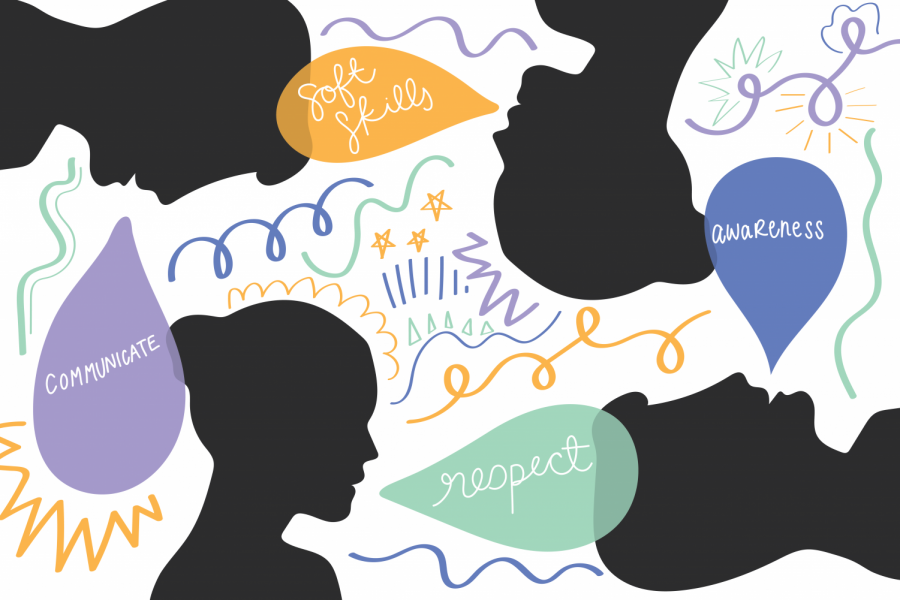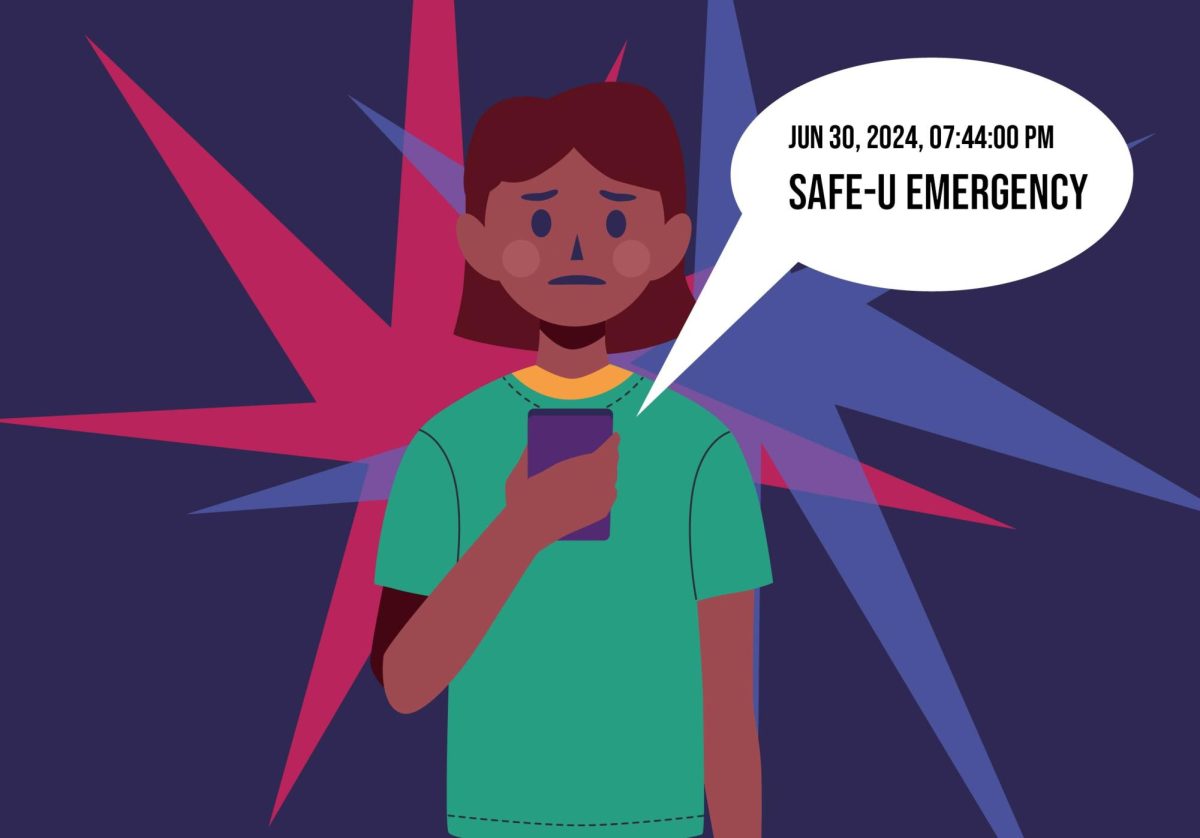A new course at the University of Minnesota is teaching undergraduate medical students cultural competence skills.
The course focuses on teaching differences in cultural practices that medical professionals will likely engage with throughout their careers. Students also learn how to communicate with patients who may have a history of experiencing medical mistreatment. Leaders in the program say they hope teaching these skills will lead to broader reform in the medical field.
Cultural competencies discussed in the class include the ways in which different cultures view things like gender and religion and how that may impact their wishes for medical treatments. Take, for example, abortion, which is viewed differently among religious groups and means conversations with patients may look different depending on their beliefs.
The course, Cultural Competence in Personalized Medicine, was offered to undergraduate students through the College of Biological Sciences for the first time this semester. The course instructor, Ian MacFarlane, an assistant professor in the Department of Genetics, Cell Biology and Development, is working on making the class a regular offering.
Currently, much of the undergraduate curriculum is focused on the technical aspects of medicine and genetics, MacFarlane said.
“I want students to start thinking about what tricky conversations they are going to have, what places they’re going to feel uncomfortable or unprepared when they walk into a patient interaction,” MacFarlane said. “This not only helps them think about if this is a field that they really want to get into and think about some of the challenges, but I think it also points them toward opportunities to approach their medical curriculum … with a keener eye to thinking about some of these cultural aspects.”
Third-year student Mindy Kolodziejski, who is currently enrolled in the class, describes cultural competence as having awareness and respect for individuals’ cultural identities.
“I think it’s an awareness of and respect for each individual’s cultural aspects, whether that be race, religion, ethnicity, gender, et cetera, and just being able to recognize those identities and respect them in the context of specifically personalized medicine,” Kolodziejski said.
Kolodziejski said she hopes to translate these skills to a future career in genetic counseling.
“Cultural competence is something that I know is really important in genetic counseling and is something that I’m personally really interested in, as far as social justice issues and things like that,” she said.
Another aspect of the curriculum focuses on how the medical field can utilize cultural competency systemically, like using translators in hospitals and acknowledging differences in access to health insurance, according to MacFarlane.
“We’re going to talk about bigger picture things in terms of just the medical research that’s out there but also looking at systemic barriers in healthcare … trying to think about at both levels, the individual level and the system, because if you have a system that’s flawed, even if the individual actors are acting with the best of intentions, they can still reproduce harmful outcomes,” MacFarlane said.
Heather Zierhut, the director of the genetic counseling program, said she hopes that focusing more on cultural competence in medicine will eventually lead to changed practices in the medical field overall.
“For instance, more culturally aware and skilled providers could lead to increased access to genetics service providers, more anti-racist policies in precision medicine practices, greater trust and satisfaction with clinical care, and ultimately improvement in health outcomes,” Zierhut said in an email to the Minnesota Daily.



























praiseinterracialmarriages
Nov 13, 2020 at 1:47 pm
Wonderful article and appropriate decision to provide this sort of material to undergraduates. I coach Chinese medical professionals in English conversation, pronunciation, and assist with their further development of the use of grammar. During my time as a professional in this area, I have come to understand the importance of a job candidate’s ability to work across the cultural landscape.
Students who eventually receive their MD qualifications will be up against thousands of competitors for residencies around the United States. Some of these competitors will have more than one advanced degree and speak several languages. The ability to understand other cultures, and to fluently speak more than one language, will put candidates at an increased level of value to the medical organizations — hospitals and clinics — where they (you) are competing for a place to further hone your skills and understanding of medical practices.
With this in mind, I strongly encourage students to spend at least one year abroad in a language region other than their primary language. This will offer students an opportunity to understand that people think and act a little differently than is true of their own home-culture experience. It will also assist in developing a level of humility and gravitas for what people who have come from other cultures feel like; and this will further assist students, who become professionals, in their level of compassion for people who may not entirely feel at home when they arrive at the clinic or hospital for care.
Wishing everyone the best,
Barry N. Peterson
CLA Class of 1996
Minneapolis, MN